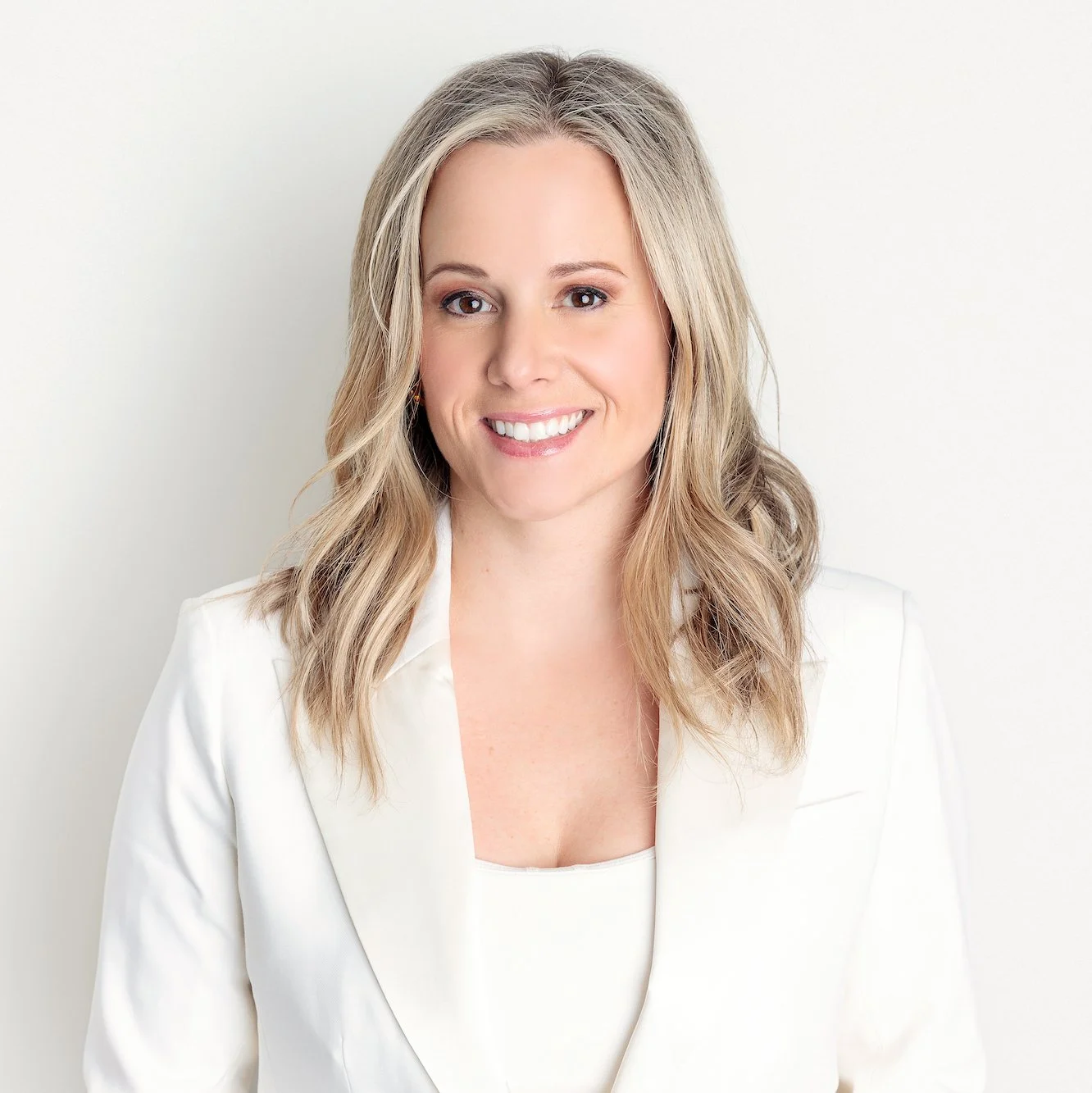ABOUT
“Everybody is a genius. But if you judge a fish by its ability to climb a tree, it will live its whole life believing it is stupid.”
- Albert Einstein
Dr. Alyssa van der Merwe
Dr. Alyssa van der Merwe is a school neuropsychologist, licensed psychologist and certified school psychologist in New York State and Connecticut. She earned her diplomate in School Neuropsychology through the American Board of School Neuropsychology and is a board certified neurofeedback therapist through the Biofeedback Certification International Alliance. Dr. van der Merwe earned her Master’s degree in school psychology at Marist College and her doctorate in psychology through Fairleigh Dickinson University.
Dr. van der Merwe began her school psychology career as a building-level school psychologist, eventually working with students of all ages, from pre-k through the age of 21. She served as the chairperson for the Committees on Special Education (CSE) and Preschool Special Education (CPSE) as well as the Section 504 Committees across multiple school districts in Westchester County.
Deeply passionate about helping children of all abilities reach their potential, Dr. van der Merwe decided to make the change to private practice in order to be able to reach more children and families. She continues to collaborate with families, schools, and professional associations in order to improve the lives of all children. Aside from evaluating, providing direct interventions and support, and being an advocate for her clients and families, Dr. van der Merwe provides professional development to school districts throughout New York State. She is dedicated to giving back to the field at large, and has published articles and other written work as well as presented independent research across the nation. Dr. van der Merwe is a life-long learner who regularly participates in conferences, workshops, and other learning opportunities.
Dr. van der Merwe intentionally chose this field due to her father’s personal story of navigating a school system with a disability. As a deaf student going through school prior to the modern and critical laws and regulations, he was forced to navigate the school system without support. In listening to these stories and recognizing the unfortunate inequality that he was faced with, Dr. van der Merwe chose to dedicate her career to making sure that all students are provided with an appropriate and meaningful education. VDM Psychology was founded based on the principle that all children deserve and have the fundamental right to learn and fully participate in their educational settings and communities. Our mission is to help all students reach their academic, social, and emotional potential.
-
Montgomery, A., Torres, E., & Eiseman, J. (2018). Using the joint test standards to evaluate the validity evidence for intelligence tests. In D. Flanagan & E. McDonough (Eds.), Contemporary Intellectual Assessment (4th ed., pp. 841-852). New York, NY: The Guilford Press
Montgomery, A., Dumont, R., & Willis, J. O. (2017). Commentary: Evidential validity versus predictive validity—the need for both. Journal of psychoeducational assessment, 35(1-2), 206-214.
Montgomery, A. (2018). Errors made on the KTEA-3 by students with ADHD and students with learning disabilities in reading/writing. (Doctoral Dissertation) Fairleigh Dickinson University, Teaneck, NJ (2018). Errors made on the KTEA-3 by students with ADHD and students with learning disabilities in reading/writing. (Doctoral Dissertation) Fairleigh Dickinson University, Teaneck, NJ
-
National Association of School Psychologists, Annual Conventions Developed Countries’ Autism Rates with Medical, Environmental, and Nutritional Correlates (Seattle, WA; 2013)
The Evolution of Attention-Deficit/Hyperactivity Disorder and its Relationship with IDEA (Philadelphia, PA; 2012)
New York Association of School Psychologists, Annual Conference
A Discussion of Classroom-Based Programs Implemented to Build and Maintain a Positive Learning Environment (Albany, NY; 2014)An Analysis of Environmental, Medical, and Nutritional Factors and their Relationship with Autism Rates (Niagara Falls, NY; 2012)
-
National Association of School Psychology (NASP)
New York State Association for School Psychology (NYASP)
American Psychological Association (APA)
Biofeedback Certification International Alliance (BCIA)
Psi Chi
Dr. Natalie Spina
Dr. Natalie Spina is a New York State licensed psychologist and Nationally Certified School Psychologist. She earned her doctorate in psychology from Fairleigh Dickinson University, a bachelor’s degree in psychology, and a master’s degree in school psychology, both from Iona College. Dr. Spina has over 10 years of experience working with individuals from preschool through young adulthood. She has worked in public school settings, where she earned tenure as a school psychologist and in a New York State-approved school for special education.
Dr. Spina’s role as a school psychologist has afforded her the opportunity to serve as a case manager for students with disabilities and conduct comprehensive initial and triennial psychoeducational evaluations, functional behavior assessments, and behavior intervention plans. Dr. Spina has facilitated numerous parent and in-service trainings for school team members. She has provided individual and group psychological counseling services to students, utilizing evidence-based practices, including Cognitive Behavioral Therapy (CBT) and Dialectical Behavior Therapy (DBT). In addition to her experience as a building-level school psychologist, Dr. Spina has also served as the chairperson for Committee on Special Education (CSE) in order to assist in determining eligibility for special education services and developing appropriate individualized education plans.
Dr. Spina is passionate about promoting innovative research-based programs that are designed to foster academic and social-emotional growth. As a result of her work implementing a social-emotional learning curriculum, which included analyzing pre- and post-data to measure the effectiveness of the program, she was able to present her findings to the board of education and allocate funding for staff training and universal adaptation of the curriculum. All students are taught explicit skills and strategies to assist in building healthy emotion regulation, interpersonal effectiveness, and distress tolerance skills on a preventative level, regardless of being identified as a student with a disability or within the general education population.
In collaboration with individuals, their families, school professionals, and community service providers, Dr. Spina strives to assist in identifying one’s unique learning profile and provide sound recommendations that are individually tailored to meet the needs of all learners.



